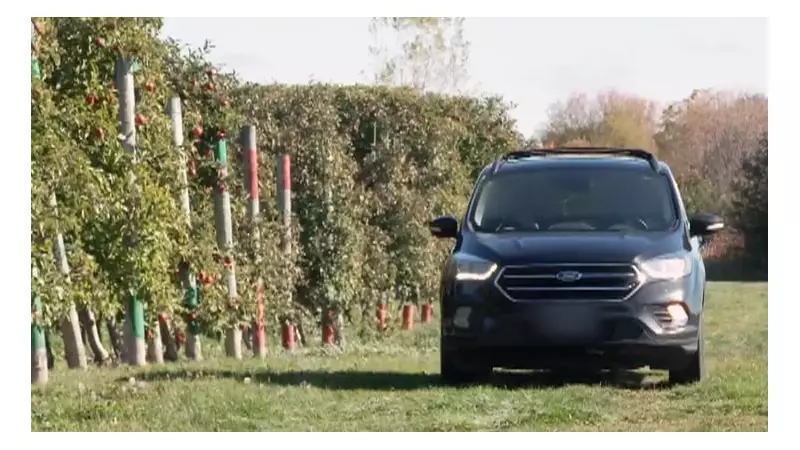
Across Ontario's picturesque countryside, a troubling trend is unfolding at pick-your-own farms that threatens the very fabric of local agriculture. Farmers are reporting a dramatic increase in theft and unauthorized activities that could have long-lasting consequences for both growers and consumers.
The Silent Crisis in the Fields
From strawberry patches to apple orchards, Ontario's u-pick operations are experiencing what many farmers describe as their worst season for theft in recent memory. The problem isn't just isolated to a few bad apples—it's becoming widespread across the province.
"We're seeing people filling their containers and then walking right past the payment station," reports one frustrated farmer from the Niagara region. "It's not just the financial loss—it's the disrespect for the hard work that goes into growing these crops."
How Theft Manifests on the Farm
The theft takes several forms that are putting financial pressure on family-run operations:
- Direct theft: Customers picking produce and leaving without paying
- Unauthorized consumption: Eating significant quantities of fruit while picking without accounting for it
- Container manipulation: Using personal containers that aren't properly measured for accurate pricing
- After-hours picking: Returning to fields when the farm is closed
The Ripple Effect on Local Food Systems
This surge in theft comes at a particularly challenging time for Ontario farmers, who are already grappling with rising production costs, labor shortages, and unpredictable weather patterns. The financial impact extends beyond immediate revenue loss.
"When people steal from u-pick farms, they're not just taking fruit—they're threatening the viability of local food sources," explains an agricultural economist. "Many of these farms operate on thin margins, and repeated theft can make the difference between staying in business or closing down."
Farmers Fight Back with Creative Solutions
In response to the growing problem, farm operators are implementing various strategies to protect their livelihoods:
- Increased staff presence and better monitoring of picking areas
- Clearer communication about pricing and payment expectations
- Implementation of pre-payment systems or deposit requirements
- Strategic field layout to improve visibility
- Community education about the true costs of food production
Why This Matters Beyond the Farm Gate
The pick-your-own experience represents more than just a fun weekend activity—it's a crucial connection between urban consumers and their food sources. When theft undermines these operations, everyone loses access to fresh, locally grown produce and the educational opportunity these farms provide.
The future of Ontario's agricultural landscape may depend on how this challenge is addressed. As one third-generation farmer noted, "We want to keep our gates open and welcome families, but we need visitors to understand that stealing from farms ultimately hurts the entire community."
With harvest season in full swing, the agricultural community is hoping for increased awareness and respect from the public to ensure that pick-your-own farms remain a sustainable part of Ontario's food system for generations to come.





